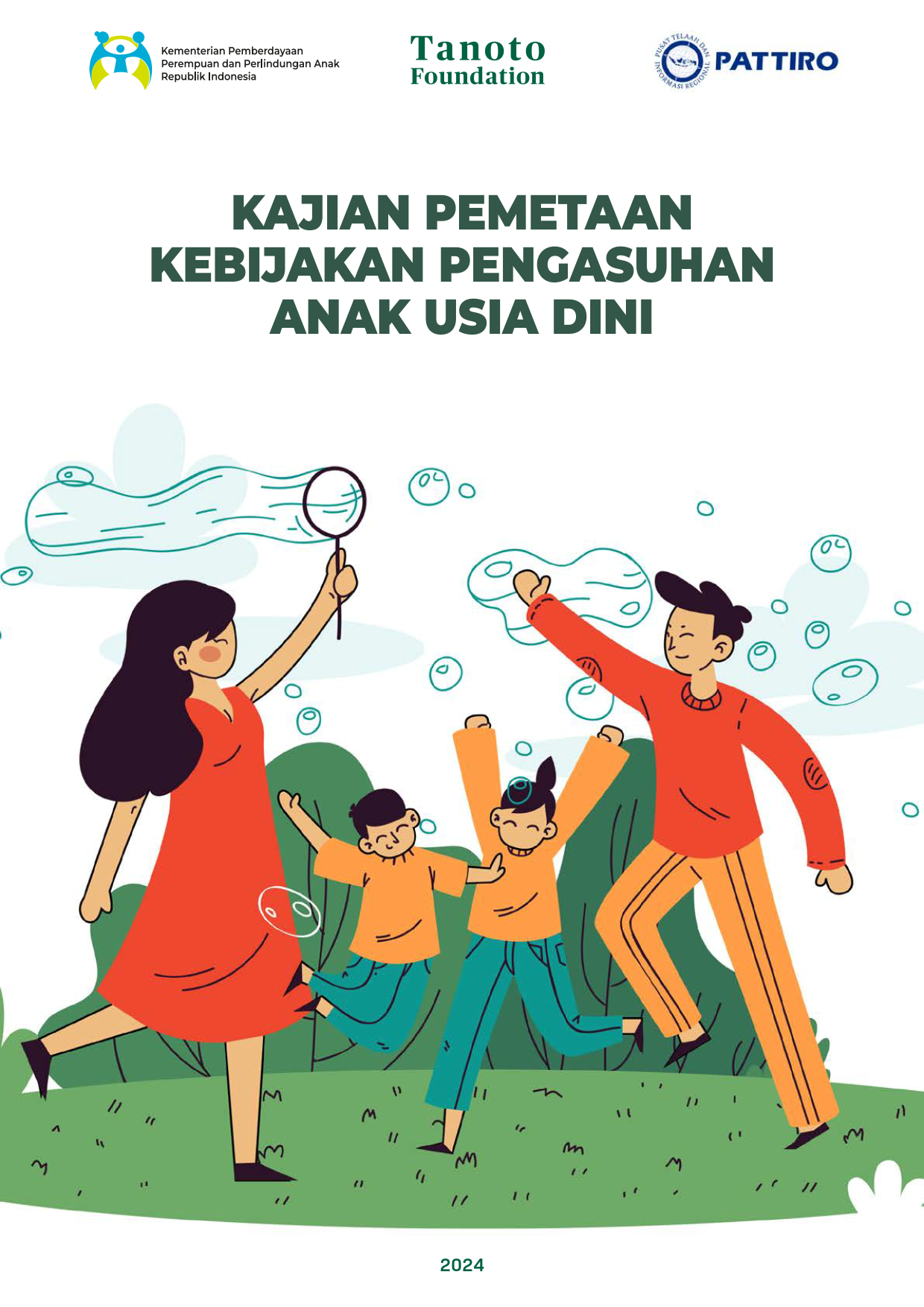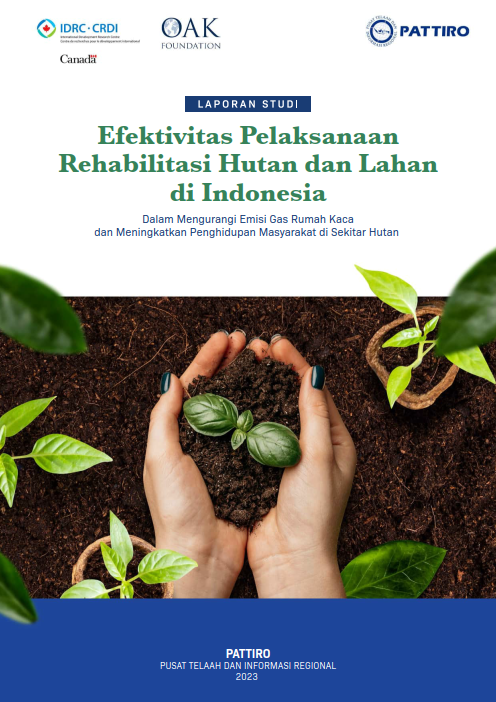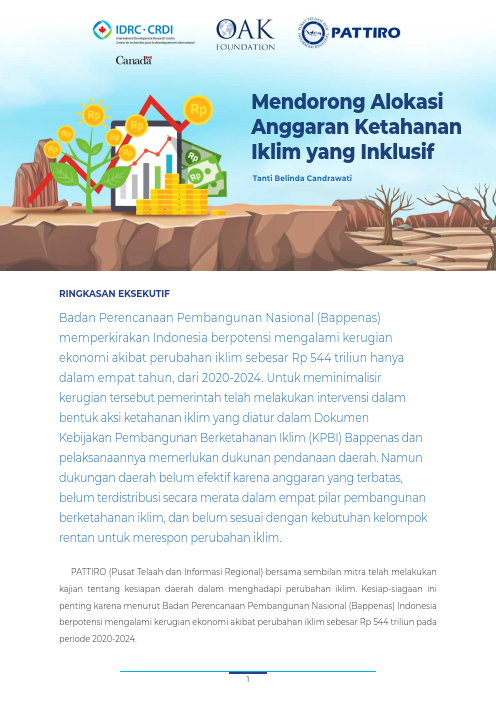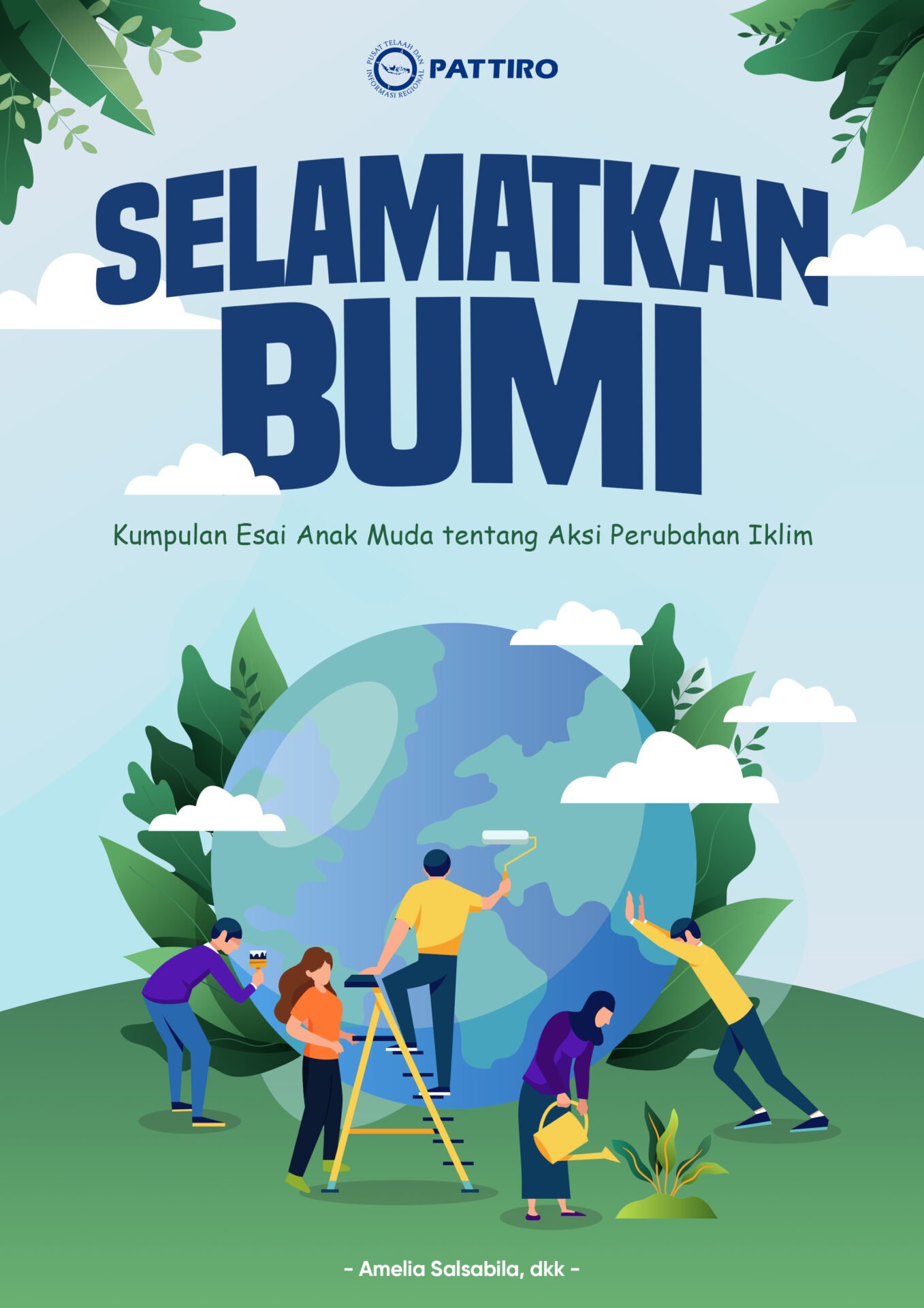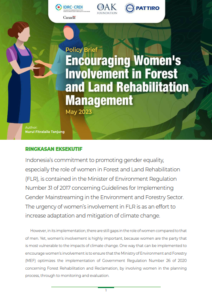 The erratically changing climate makes the Indonesian people worried about the occurrence of natural disasters such as floods, volcanic eruptions, forest and land fires, which will result in food shortages, poverty and even death. Limited knowledge in disaster mitigation and recovery creates greater suffering, especially for women who depend on domestic tasks.
The erratically changing climate makes the Indonesian people worried about the occurrence of natural disasters such as floods, volcanic eruptions, forest and land fires, which will result in food shortages, poverty and even death. Limited knowledge in disaster mitigation and recovery creates greater suffering, especially for women who depend on domestic tasks.
To anticipate gaps, it is necessary to mainstream gender in all development programs or activities, including in the environmental and forestry sectors. One of them is by optimizing the implementation of forest and land rehabilitation. This is to ensure equal access and opportunities for women to participate, receive impacts or benefits, and make decisions. Of particular importance is the participation of women who live around
forest areas.
The Center for Regional Information and Studies (PATTIRO) has conducted research on the role of women in forest and land rehabilitation in mid-2022. The role of women is seen based on their involvement in forest and land rehabilitation management including the planning, implementation, and monitoring and evaluation stages. The research locations were five locations in East Kalimantan, namely Village A, Balikpapan; Village B, East Kutai; Village C, East Kutai; Village D, Berau; and PT E, Berau.
The research locations were selected by considering differences in sources of rehabilitation financing, namely from the central government which comes from the National Revenue and Expenditure Budget (APBN), local governments from the Regional Revenue and Expenditure Budget (APBD), and Borrow-to-Use Forest Area Permit Holders from company funds as an obligation to rehabilitate river watersheds. This difference in funding sources is considered to be a determining factor due to differences in forest and land rehabilitation implementation schemes.

